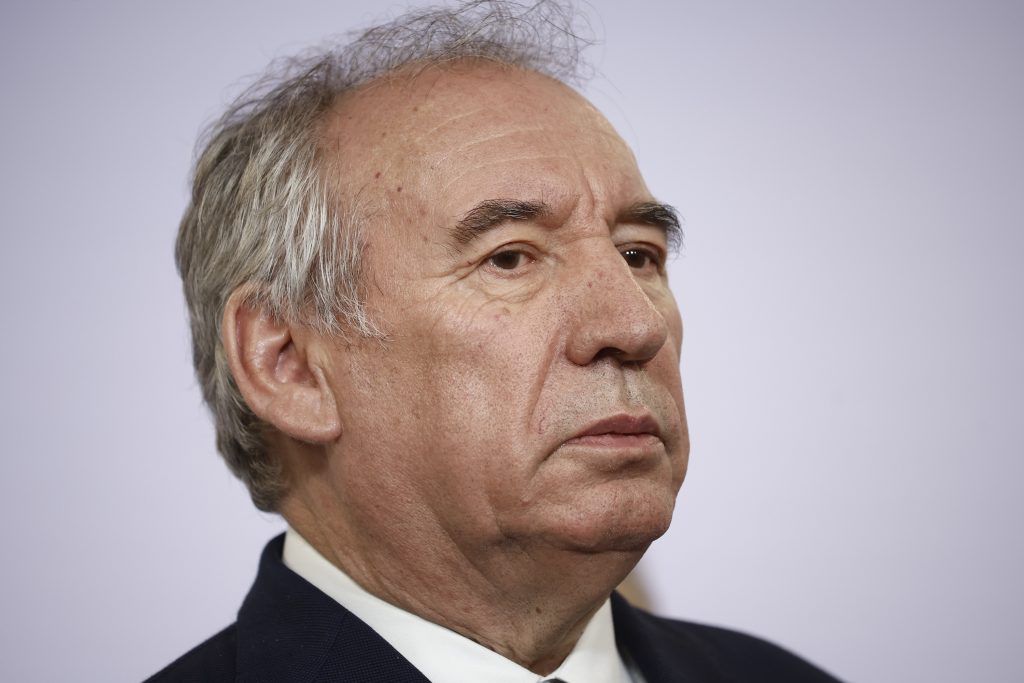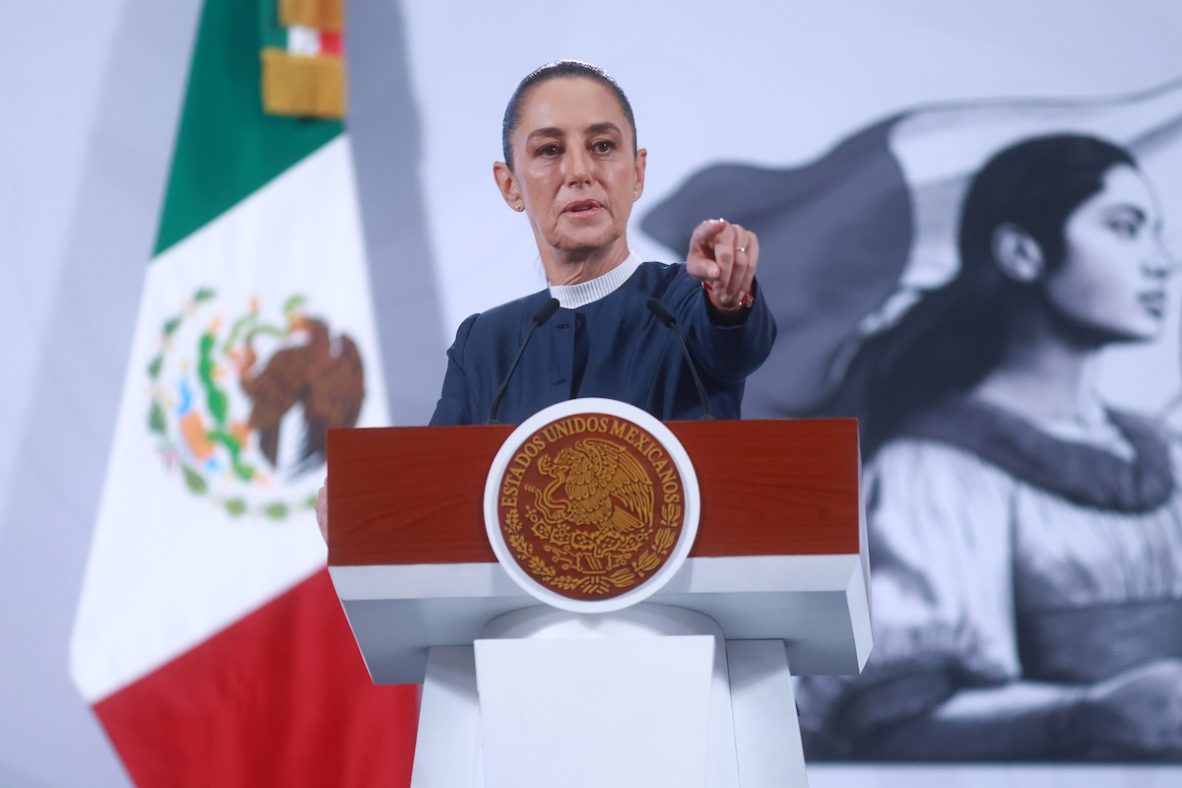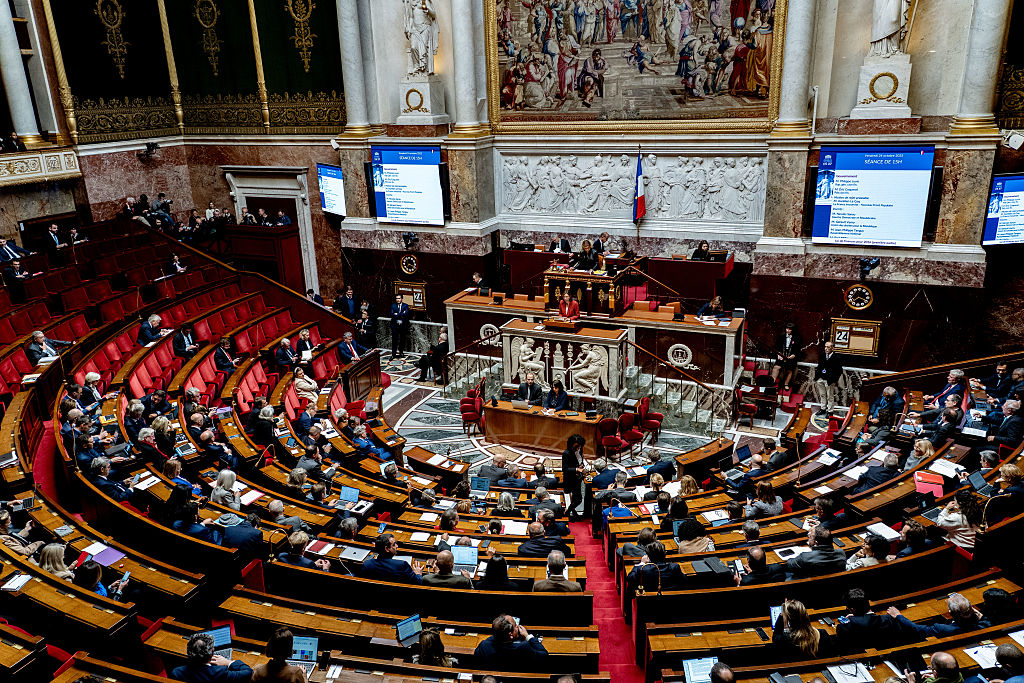French prime minister promises to rebuild Mayotte in two years amid ongoing migration anger
The prime minister also denied a toll in the thousands, calling the claims "unfounded".

As anger and controversy over migration and the aftermath of Cyclone Chido grow, Prime Minister François Bayrou reaffirmed support to the overseas department of Mayotte during a visit on Monday (30 December).
A devastating cyclone hit the Indian Ocean archipelago on 14 December, killing at least 39 people, injuring almost 6000, leaving thousands more estimated to be missing and causing damage of up to €800 million.
Bayrou presented his “Mayotte Standing Tall” plan, which aims to provide “rapid responses” to the crisis while also “shaping a different future for Mayotte.”
The state must make “concrete and precise commitments,” he explained during a press conference at the departmental council building.
The prime minister, appointed just one day before the cyclone hit, pledged to rebuild the department in just two years, calling it “an objective” and “a goal we have to set ourselves.”
He was accompanied by five government members, including two former prime ministers: Élisabeth Borne, who oversees education, and Manuel Valls, who is in charge of Overseas Territories.
Bayrou assured that electricity would be restored across the archipelago by the end of January and that the army would step in to re-establish water supplies and repair the road network.
In the longer term, Mayotte is expected to receive “free zone” status, with local businesses exempted from contributions. An emergency law will also be presented to the National Assembly on 3 January, and a detailed population census will be conducted swiftly.
Migration pressures
Earlier in the day, Bayrou had remarked that “anyone who denies there is a burning immigration issue in Mayotte is being irresponsible.”
These comments echo President Emmanuel Macron’s statements during his visit to the archipelago on 19 and 20 December, where he emphasised that the department’s public services were overwhelmed by “migration pressures.”
Mayotte’s official population is estimated at 320,000, but between 100,000 and 200,000 individuals—mainly impoverished exiles from the Comoros archipelago live in shanty towns.
Many of these were completely destroyed by the cyclone, with victims not accounted for by authorities, leading to many estimating the number of victims could rise as debris is cleared.
Bayrou, however, denied a toll in the thousands, calling the claims “unfounded” and adding that the number is likely in the “few tens or few hundreds.”
“We have to be very careful with what we say,” Bayrou said, adding, “Observers on the ground, who are very wise and have investigated thoroughly, report that the death toll is within these ranges. They met community leaders and attended improvised religious ceremonies, providing us with this information.”
This contradicted the figures presented by Mayotte’s Prefect François-Xavier Bieuville, who said the number could “get close to a thousand, even thousands.”
The slums and their inhabitants remain controversial issues, and the prime minister specified that the state and local authorities would need to “prevent” the rebuilding of these slums without indicating what might happen to the residents.
Furthermore, a local educator called Borne out in front of BFMTV cameras.“No one has come to the slums,” they said.
“You can say whatever you like on the news; the reality is right here.”
Even before the cyclone, the topic of immigrants was subject to calls for action from the government to tackle the issue through legislative measures.
A proposed law restricting the right to citizenship for those born to immigrants in overseas territories, backed by the right and far-right and condemned by left-wing parties, was set to be presented to the Council of Ministers in July.
However, it was shelved after President Emmanuel Macron dissolved the National Assembly on 9 June 2024.
Nevertheless, the issue is expected to resurface soon. On 18 December, Interior Minister Bruno Retrailleau stated that France needed to “be much tougher with the Comoros, consider new methods to curb arrivals using modern tools, and, finally, amend our legislation.”
Problems with poverty
According to the National Institute of Statistics and Economic Studies (INSEE), 77% of Mayotte’s population lived below the poverty line even before the disaster, making it France’s poorest department. Local officials have long called for better support from the French state.
“We cannot bypass history, ignore inequalities, or overlook people who hold French identity cards, who have shed blood for this nation, who pay their taxes but lack access to water,” warned Estelle Youssouffa, one of Mayotte’s two MPs and a member of the Liot parliamentary group, on 19 November.
“Our people feel a legitimate sense of rebellion, and we lack the means to address it.”
[Edited by Alice Taylor-Braçe]









